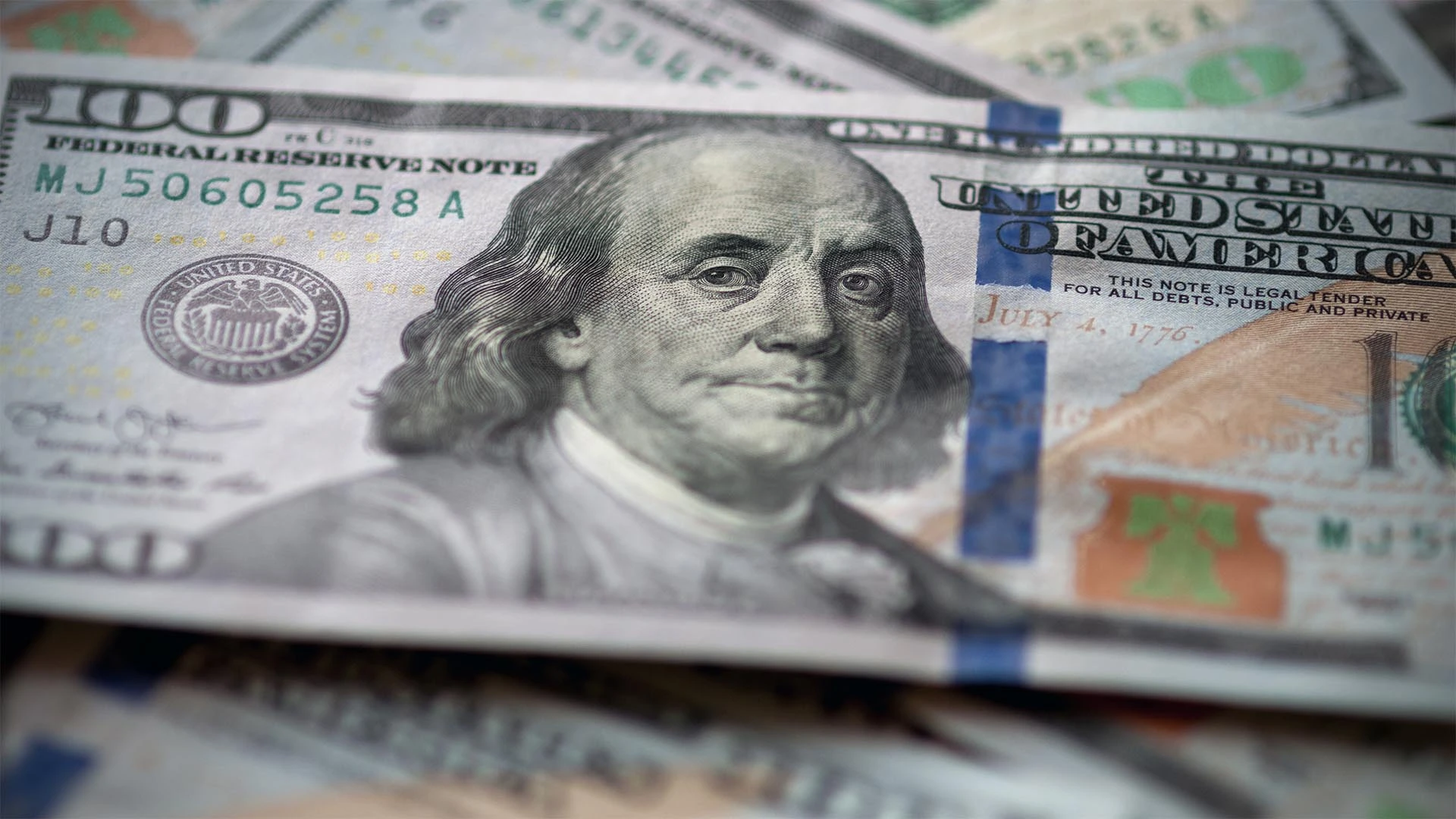- cross-posted to:
- [email protected]
- cross-posted to:
- [email protected]
In mid-2022, the Inflation Reduction Act delivered the IRS a historic $80 billion — in part, to bulk up the agency’s divisions that audit millionaires, billionaires and large corporations. After years of pitiful enforcement rates against wealthy taxpayers, the agency is embarking on an unprecedented push to step up its capabilities and hone its ability to take on the ultra-rich.
Hundreds of billions could be at stake. The Treasury Department, the IRS’s parent agency, has estimated that wealthy people do an outsized share of tax dodging. As of 2019, the top 1% of Americans are responsible for 28% of the “tax gap” — defined as the difference between taxes that are owed and collected. This number added up to an estimated $163 billion annually.
In early February, the Treasury Department announced that if the increased funding levels remained intact, the IRS could collect more than a half-trillion dollars in additional unpaid taxes over the next decade.
trump clearly committed federal tax fraud in new york. whens that going to catch up with him?
In about 7 years when they finally catch up with the backlog of paper filings for business taxes.
Is that the same millionaires, billionaires and corporations our elected officials do the bidding of? I’m certain the IRS will be totally free to go after them as they see fit.
How’s that going? Any uh… Any leads? Consequences? Y’all uh… Gonna enforce any meaningful consequences?
…do you know how slowly stuff moves in large companies much less the US government? It will be years of investment to start actually enforcing actions on these individuals, along with years of court cases. You’re not going to see anything for a while.
On poor people, yes






